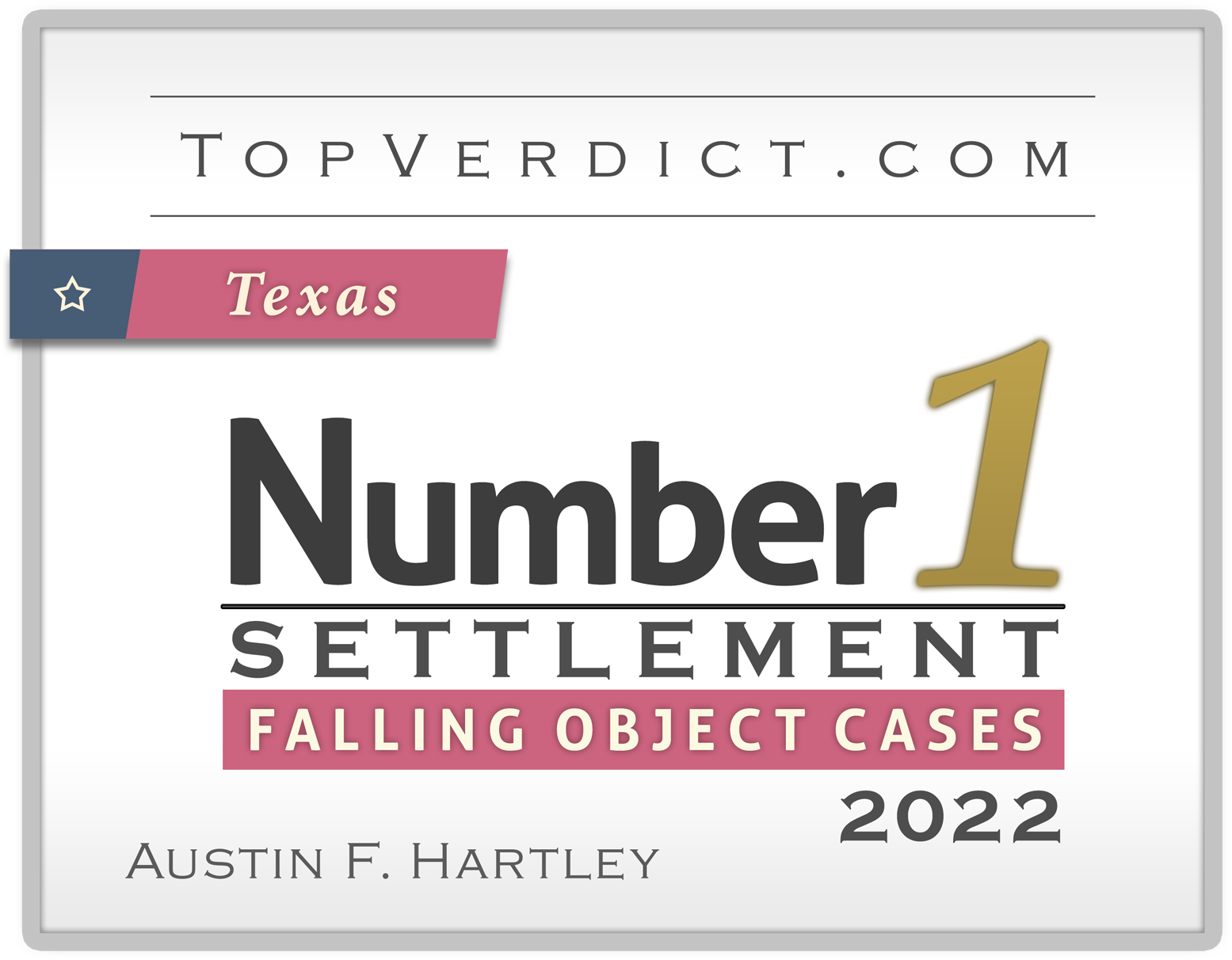

What Is a Wrongful Death Lawsuit?
After an incident occurs that causes serious harm to an individual, they have the right to file a personal injury claim and seek compensation for their injuries. If the harmed individual dies from the incident, their family members retain the right to file a claim and seek compensation for losses they have suffered because of their loved one’s death.
Texas law allows certain heirs—the surviving spouse, children, and parents of the deceased—to sue the person, business, or other entity responsible for the death of their loved one. The executor or administrator of the deceased person’s estate can also file a wrongful death action in certain circumstances. Texas law does not allow siblings, grandparents, and other more distant relations to file a wrongful death claim.
Accidents and Intentional Acts
A wrongful death case may involve an accident, like a car wreck, or an intentional act, like manslaughter. Common examples of accidents resulting in wrongful death include:
- Motor vehicle accidents,
- Motorcycle accidents,
- Bicycle and pedestrian accidents,
- Dangerous premises accidents,
- Defective products,
- Medical malpractice,
- Truck and commercial vehicle accidents, and
- Workplace accidents.
Examples of intentional acts leading to a wrongful death claim might be:
- Assault,
- Battery,
- Murder, and
- Arson.
The difference between a criminal charge for one of these acts and a wrongful death claim is that the government brings criminal charges to punish an individual. A wrongful death claim is a civil lawsuit brought in civil court, which aims to provide compensation for the grieving family.
Proving Liability
Simply demonstrating that an accident or intentional act happened is not enough for a successful wrongful death suit. The heir must show that the defendant owed the deceased person a legal duty of care and that they breached that duty.
A legal duty of care is the responsibility people have to act in the same way a reasonable person would act in the same situation. For example, drivers have a duty of care that requires them to operate their vehicles safely and follow traffic laws so that they don’t injure other people.
Someone breaches their duty of care when they do not act like a reasonable person would act in the same circumstances. The duty of care can be breached by either an action or by a failure to act. Negligent actions, reckless actions, and intentional actions can all breach the duty of care.
Proving Causation
Once an heir can show duty and breach of duty, they also have to prove that the family member’s death was caused by the defendant’s actions or conduct. This is called causation. Causation requires the heir bringing the wrongful death claim to show that their loved one’s death would not have happened without the at-fault party’s breach of duty. You don’t have to prove the other person intended to harm or kill your loved one. You can also prove the at-fault party’s negligence contributed to or caused your loved one’s death.
Proving Damages
The last element in a wrongful death case requires you to prove your loved one’s death resulted in quantifiable legal damages. When a wrongful death lawsuit is successful, an heir may recover funeral and burial expenses and compensation for mental pain and suffering. Additionally, a wrongful death claim may cover damages including the following:
- Loss of decedent’s earnings;
- Loss of inheritance;
- Loss of decedent’s household, parental, and spousal services;
- Loss of decedent’s care, support, guidance, companionship, and love; and
- Surviving family members’ mental health care expenses.
Compensation is calculated based on the circumstances of the case. An experienced wrongful death lawyer can help you understand what types of damages you might be eligible to claim.
How Long Do I Have to File a Wrongful Death Lawsuit?
Like any lawsuit, you only have a certain amount of time to file a wrongful death lawsuit. This time limit is called the statute of limitations. In Texas, the statute of limitations for wrongful death is two years from the date of the decedent’s death. If you miss the statute of limitations, you will not be able to file your lawsuit. If you want to know more about the time you have to file under Texas law, reach out to a wrongful death lawyer for more guidance.
Contact a Wrongful Death Lawyer at Hartley Law Firm
No amount of money can ever replace your loved one. However, an experienced wrongful death attorney at Hartley Law Firm can help you recover the compensation you need to help your family move forward. Austin Hartley is an experienced advocate who was named the 2021 litigator of the year by the American Institute of Trial Lawyers. If your loved one died because of someone else’s negligence or wrongdoing, Hartley Law Firm is here to help you get the justice you deserve. Contact us today to find out how we can help you and your family.








